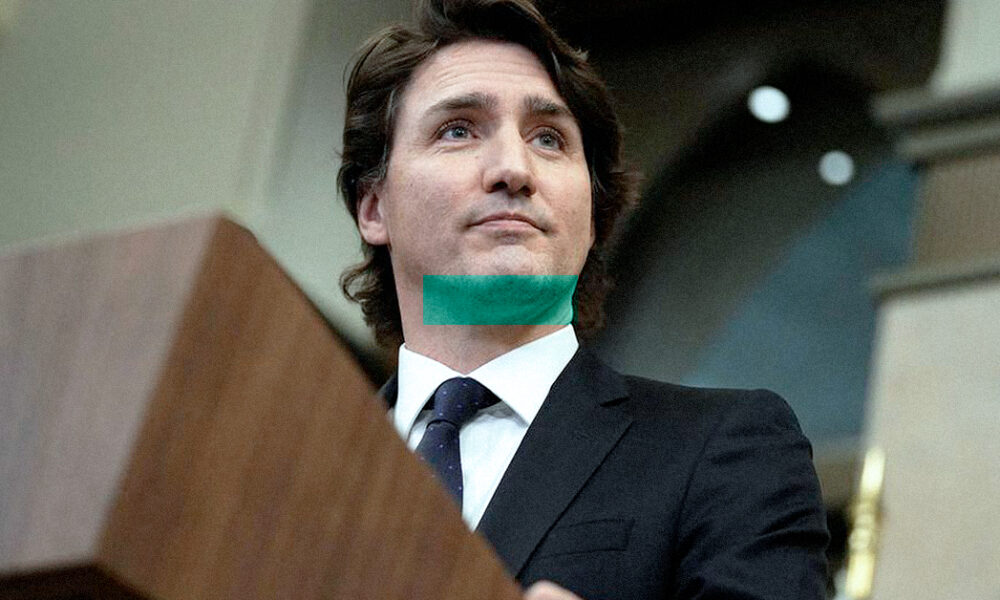Top UN Officials Resign Over The Organization’s Incapability To Protect Human Rights In Palestine
November 30, 2023

Feb 14 (Reuters) – Canadian Prime Minister Justin Trudeau plans to invoke rarely used special measures to end protests that have shut some border crossings and paralyzed downtown Ottawa, sources said on Monday. Read full story
The “Freedom Convoy” protests, started on Jan. 28 by Canadian truckers opposing a vaccinate-or-quarantine mandate for cross-border drivers, have turned into a rallying point for people opposed to a range of Trudeau’s policies including COVID-19 pandemic restrictions and a carbon tax.
The demonstrations shut a main economic corridor between Canada and the United States for six days before it was reopened on Sunday. Read full story
WHAT IS THE EMERGENCIES ACT?
Under the act, Trudeau could impose special restrictions on public assembly and travel and mobilize federal support for local and provincial police. The act gives the federal government power to implement temporary measures to ensure safety and security during national emergencies.
A declaration of a public welfare emergency allows the government to regulate the distribution of essential goods, decide what are essential services and impose fines on violations of the act. It sets out a compensation scheme for those who suffer damages as a result of its application.
WHAT IS THE HISTORY OF THE EMERGENCIES ACT?
Previously known as the War Measures Act, the Emergencies Act has been used only three times in Canadian history: during the two world wars and in 1970 by Trudeau’s father, late Prime Minister Pierre Trudeau, after militant Quebec separatists kidnapped a British diplomat and a provincial Cabinet minister.
Trudeau considered using the act at the start of the pandemic.
HOW CAN THE ACT BE INVOKED?
The Canadian Parliament would have to approve within seven days a government move to invoke the emergency measures, and Parliament also has the power to revoke them.
Trudeau’s Liberal minority government needs help from the opposition to pass the measures in Parliament. On Monday, New Democrat leader Jagmeet Singh said his left-leaning party would be willing to back the move if it means ending the protests.
Any temporary laws made under the act can be challenged in court and are subject to the Charter of Rights and Freedoms of Canada’s Constitution.
(Reporting by Steve Scherer and Denny Thomas in Toronto; editing by Grant McCool and Cynthia Osterman)